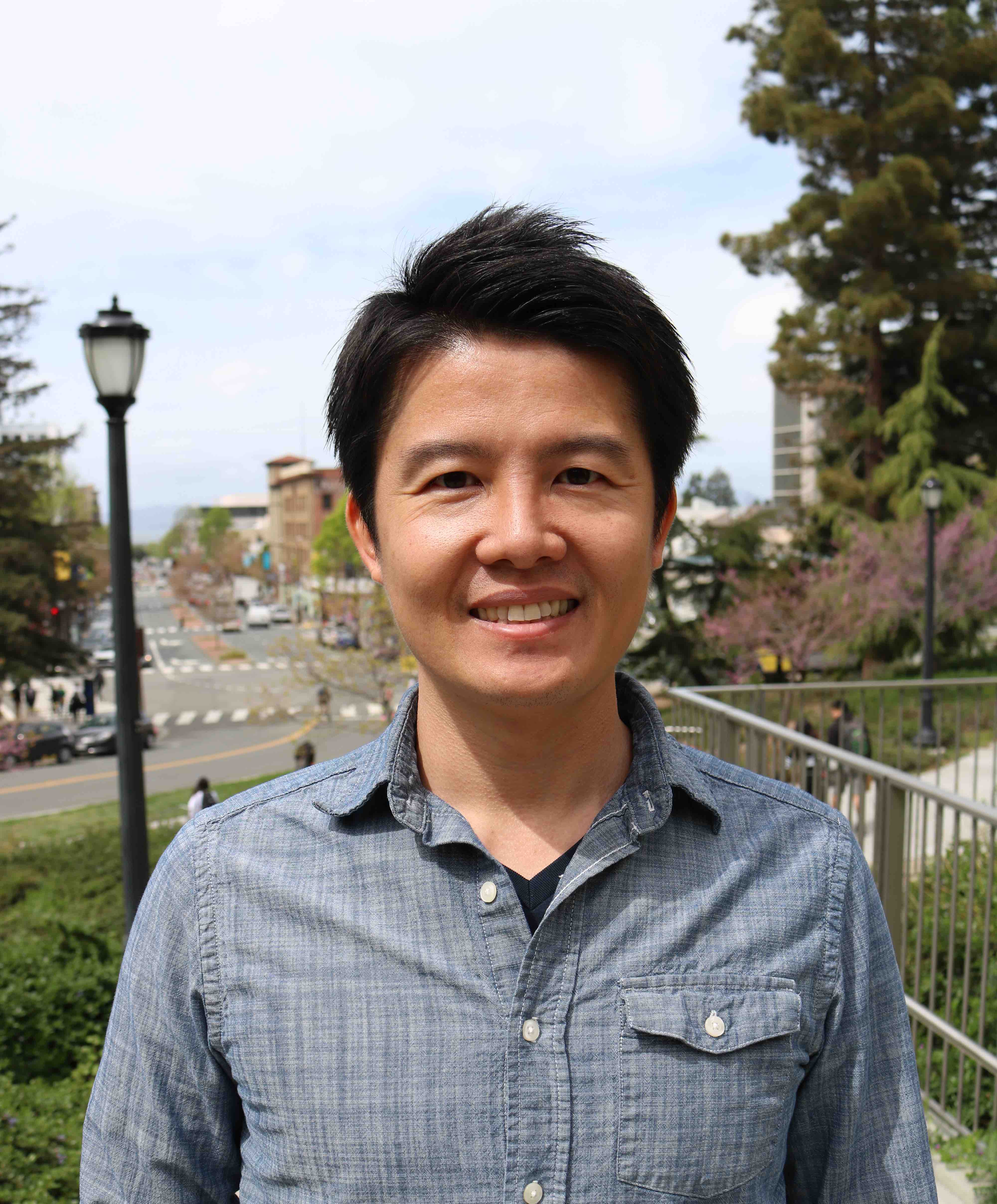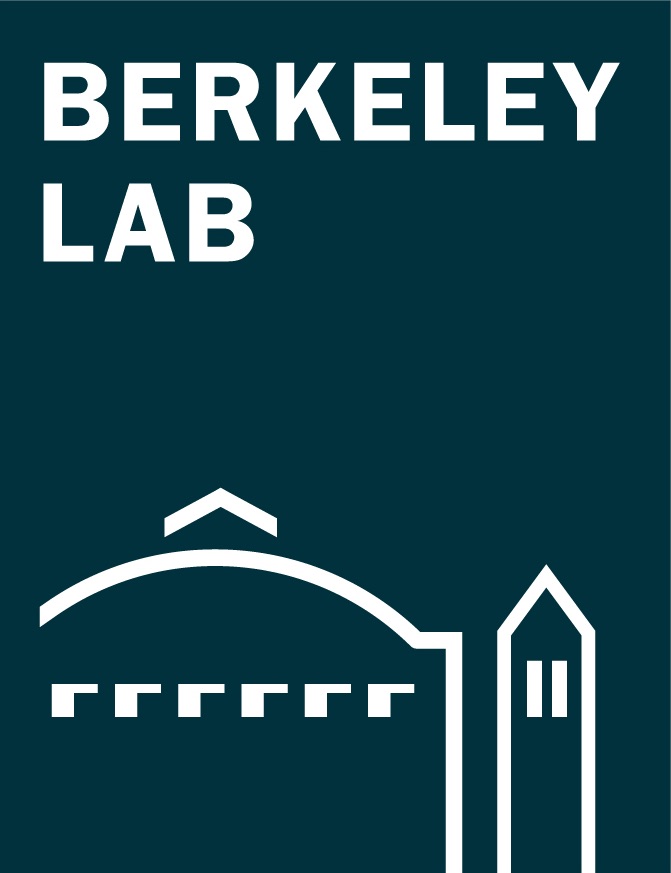In the Redwood forest...
I realized the importance of photosynthesis.

Breathing air in the forest
I felt a deep connection to the forests that day.
Breathing in the fresh air made me realize how much I had taken it for granted.
What would life be like without forests and all the green plants—ferns, mosses, grasses—that sustain us?
The thought of them disappearing, of photosynthesis stopping, hit me hard.
Without it, the process that gives us oxygen, life as we know it wouldn’t exist.
Standing in the Redwood forests,
I couldn’t shake the feeling of how vital it all was.
I didn’t know much about photosynthesis back then, but the moment sparked something in me—a curiosity,
a need to understand. That day, I decided to pursue a path as a scientist,
studying this incredible process and the questions still unanswered.
It was the year 2000, and walking that forest trail changed everything.
The trees awakened a sense of wonder and a drive to learn more about the natural world.
Looking at sky and beyond space... Still seeing Photosynthesis.

We need it wherever we go
Light is essential for photosynthesis. It harnesses the energy from light—how amazing!
Sometimes, when I look up at the stars, I can’t help but wonder if photosynthesis might be happening somewhere else out there,
powered by the light from distant stars. In the universe, hydrogen (H), oxygen (O), carbon (C), and sulfur (S) are common elements,
and that's all you need to start photosynthesis in some forms. It’s a miracle that photosynthesis began on Earth around 3.5 billion years ago.
And if it happened here, it might be happening elsewhere in the universe!
But as we explore space, we must remember: photosynthetic organisms are not just relics of Earth’s past—they’re critical to our future.
They provide the oxygen we breathe, the food we eat, and materials we rely on.
If we let these organisms disappear, we lose something that took billions of years to evolve.
The Sun will continue to shine for billions more years, but the life forms that depend on photosynthesis—our life support system—won’t last if we don’t protect them.
If we lose them, we cannot simply recreate that process from scratch.
As we dream of the stars, we also need to focus on Earth and preserve the ecosystems that sustain us.
If we are to survive in space someday, we must first learn how to take care of the processes that make life possible here.
The balance of photosynthesis is the foundation of life itself, for us and for future generations.
The time to act is now. Without photosynthetic organisms, we don’t just lose food and oxygen—we lose the very foundation of life itself, both on this planet and wherever else we hope to go.







